Behavioral science has emerged as one of the most impactful interdisciplinary fields in recent decades, blending insights from psychology, economics, and neuroscience to understand and influence human behavior. Its rise can be traced to pivotal breakthroughs in behavioral economics, behavioral psychology, and behavioral finance, which have challenged traditional models of rational decision-making. By uncovering the cognitive biases and social influences that shape our choices, behavioral science has redefined how industries, governments, and individuals approach decision-making and problem-solving.
The Rise of Behavioral Science
Behavioral Economics
Behavioral economics broke away from classical economic theories that assumed humans are entirely rational actors. Instead, researchers like Daniel Kahneman, Amos Tversky, and Richard Thaler revealed that decisions are often influenced by cognitive biases, emotional impulses, and contextual factors. Concepts like "loss aversion," "anchoring," and "nudging" have become central to understanding consumer behavior, policymaking, and financial decision-making.
Behavioral Psychology
Behavioral psychology focuses on the underlying mechanisms of human behavior, from habit formation to motivation. It has provided practical frameworks for behavior change, helping individuals and organizations adopt healthier, more productive habits. This discipline underpins much of the work on self-regulation, reward systems, and the power of environmental cues.
Behavioral Finance
In the financial world, behavioral finance has highlighted how psychological factors lead to irrational investment behaviors. By studying phenomena like overconfidence, herd behavior, and the impact of emotions on market decisions, behavioral finance has reshaped strategies for investors and financial institutions alike.
These subfields collectively demonstrate how behavioral science has evolved into a vital tool for addressing complex challenges, from improving public health to designing user-friendly technologies. Below, we explore 15 influential books that have shaped this dynamic field.
1. Thinking, Fast and Slow
by Daniel Kahneman
A cornerstone of behavioral science, this book explores the dual-system theory of thinking: the fast, intuitive System 1 and the slow, deliberate System 2. Kahneman’s insights into cognitive biases and heuristics have redefined how we view decision-making.
2. Nudge: Improving Decisions About Health, Wealth, and Happiness
by Richard H. Thaler and Cass R. Sunstein
This seminal work introduced the concept of “nudging”—small design changes that steer people toward better decisions without restricting their freedom. It’s a foundational text for behavioral economics and public policy.
3. Predictably Irrational
by Dan Ariely
Ariely examines the systematic ways in which human behavior defies traditional economic models. His engaging examples reveal the irrational side of everyday decision-making.
4. Influence: The Psychology of Persuasion
by Robert B. Cialdini
Cialdini outlines six principles of persuasion—such as reciprocity and social proof—that marketers, leaders, and anyone seeking to influence behavior can leverage.
5. Drive: The Surprising Truth About What Motivates Us
by Daniel H. Pink
Challenging traditional incentives, Pink argues that autonomy, mastery, and purpose are the true drivers of motivation in modern workplaces.
6. The Power of Habit
by Charles Duhigg
This book delves into the science of habits, explaining how they form, how they can be changed, and their profound impact on personal and organizational behavior.
7. Hooked: How to Build Habit-Forming Products
by Nir Eyal
Eyal provides a framework—the Hook Model—for creating products that capture attention and drive user engagement, blending behavioral science with design principles.
8. Scarcity: Why Having Too Little Means So Much
by Sendhil Mullainathan and Eldar Shafir
This book explores how scarcity—whether of time, money, or resources—shapes our thinking and decision-making, often trapping us in cycles of poor choices.
9. Misbehaving: The Making of Behavioral Economics
by Richard H. Thaler
Thaler chronicles the development of behavioral economics, weaving in personal anecdotes and key insights that challenge traditional economic theories.
10. Dollars and Sense
by Dan Ariely and Jeff Kreisler
This engaging book explores the psychology of money, helping readers understand why they make irrational financial decisions and how to improve them.
11. The Art of Thinking Clearly
by Rolf Dobelli
Dobelli’s compilation of cognitive biases offers readers practical tools to sidestep common thinking traps in everyday life.
12. You Are Not So Smart
by David McRaney
McRaney’s book highlights the many cognitive biases and logical fallacies that skew our perception of reality, making it an accessible introduction to behavioral science.
13. Switch: How to Change Things When Change Is Hard
by Chip Heath and Dan Heath
This book examines the dynamics of change, offering a model that balances rational and emotional forces to create lasting transformations.
14. Behave: The Biology of Humans at Our Best and Worst
by Robert M. Sapolsky
Sapolsky’s interdisciplinary approach integrates biology, psychology, and sociology to explore why humans behave as they do.
15. Atomic Habits
by James Clear
Clear offers actionable advice on building good habits and breaking bad ones through small, incremental changes, grounded in behavioral science principles.
Your Next Step in the Behavioral Science Journey
Behavioral science has revolutionized the way we understand and influence human behavior, providing transformative insights into decision-making, motivation, and habit formation. From the foundational theories of cognitive biases to practical applications like nudging and habit-building, this field empowers us to address real-world challenges with innovative solutions. Whether you're striving for personal growth, optimizing your organization's performance, or reshaping public policy, the principles of behavioral science offer a powerful toolkit for meaningful change.
As you explore these groundbreaking ideas and books, remember: the journey to better understanding behavior starts with curiosity and the willingness to challenge conventional wisdom. Behavioral science isn't just a field—it's a lens through which we can reimagine possibilities and unlock human potential.


Kommentare